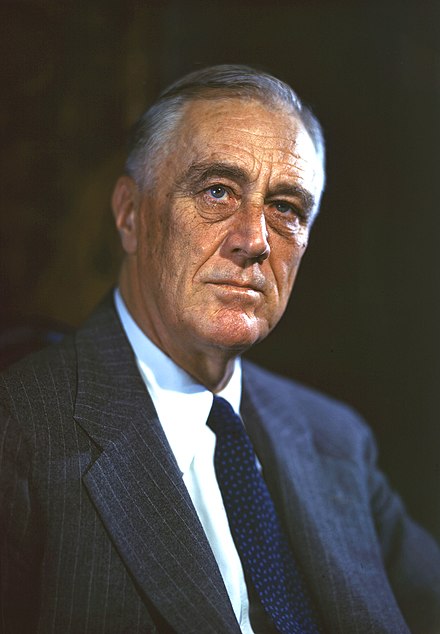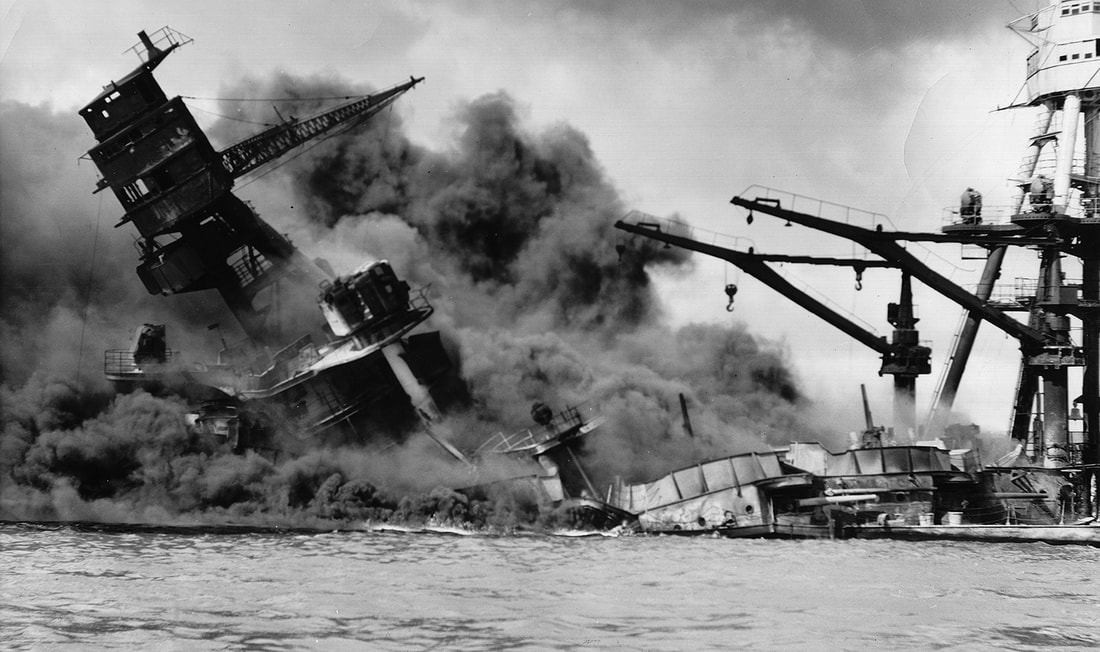This Subnav section below will appear under menu item (enter name of menu item):
Lycée
|
|
Ressources pour professeurs
Exemple ci-dessous
| |||||||
This Subnav section below will appear under menu item (enter name of menu item):
This Subnav section below will appear under menu item (enter name of menu item):
GRAMMAIRE
Grammaire et langue anglaise
• Accéder au cours de grammaire anglaise en ligne.
• Télécharger les fiches de grammaire anglaise.
•Accéder aux exercices sur les temps de bases en anglais.
• Accéder aux cours de linguistique [compléments qui aident à mieux comprendre le système de l'anglais]
• Accéder aux cours de linguistique [compléments qui aident à mieux comprendre le système de l'anglais]
• Télécharger les fiches de grammaire anglaise.
•Accéder aux exercices sur les temps de bases en anglais.
• Accéder aux cours de linguistique [compléments qui aident à mieux comprendre le système de l'anglais]
• Accéder aux cours de linguistique [compléments qui aident à mieux comprendre le système de l'anglais]
Cliquez ici pour modifier.
This Subnav section below will appear under menu item (enter name of menu item):
PHONOLOGIE
Phonologie et prononciation de l'anglais
Améliorer sa prononciation avec les cours de phonologie adaptées et ludiques. Les étudiants et professeur trouveront également des ressources plus détaillées.
• Cliquez-ici pour accéder aux différents chapitres de phonologie.
• Télécharger les fiches cours de phonologie anglaise.
You will also find lessons about the different dialects and varieties of English.
• Télécharger les fiches cours de phonologie anglaise.
You will also find lessons about the different dialects and varieties of English.
This Subnav section below will appear under menu item (enter name of menu item):
LINGUISTIQUE
Linguistique de l'anglais
Linguistics is the scientific study of language. Linguistics is concerned with the nature of language and communication, and with the study of particular languages and dialects. It includes many subareas / fields of research : grammar, phonology, syntax, morphology, etc.. In this section you will find a lot of lessons regarding linguistics.
This Subnav section below will appear under menu item (enter name of menu item):
CULTURE
Civilisations et littératures anglophones
This Subnav section below will appear under menu item (enter name of menu item):
VOCABULAIRE
Vocabulaire et enrichir son lexique anglais pour mieux parler
This Subnav section below will appear under menu item (enter name of menu item):
AUTRES
This Subnav section below will appear under menu item (enter name of menu item):
MEMBERS
|
|
|


